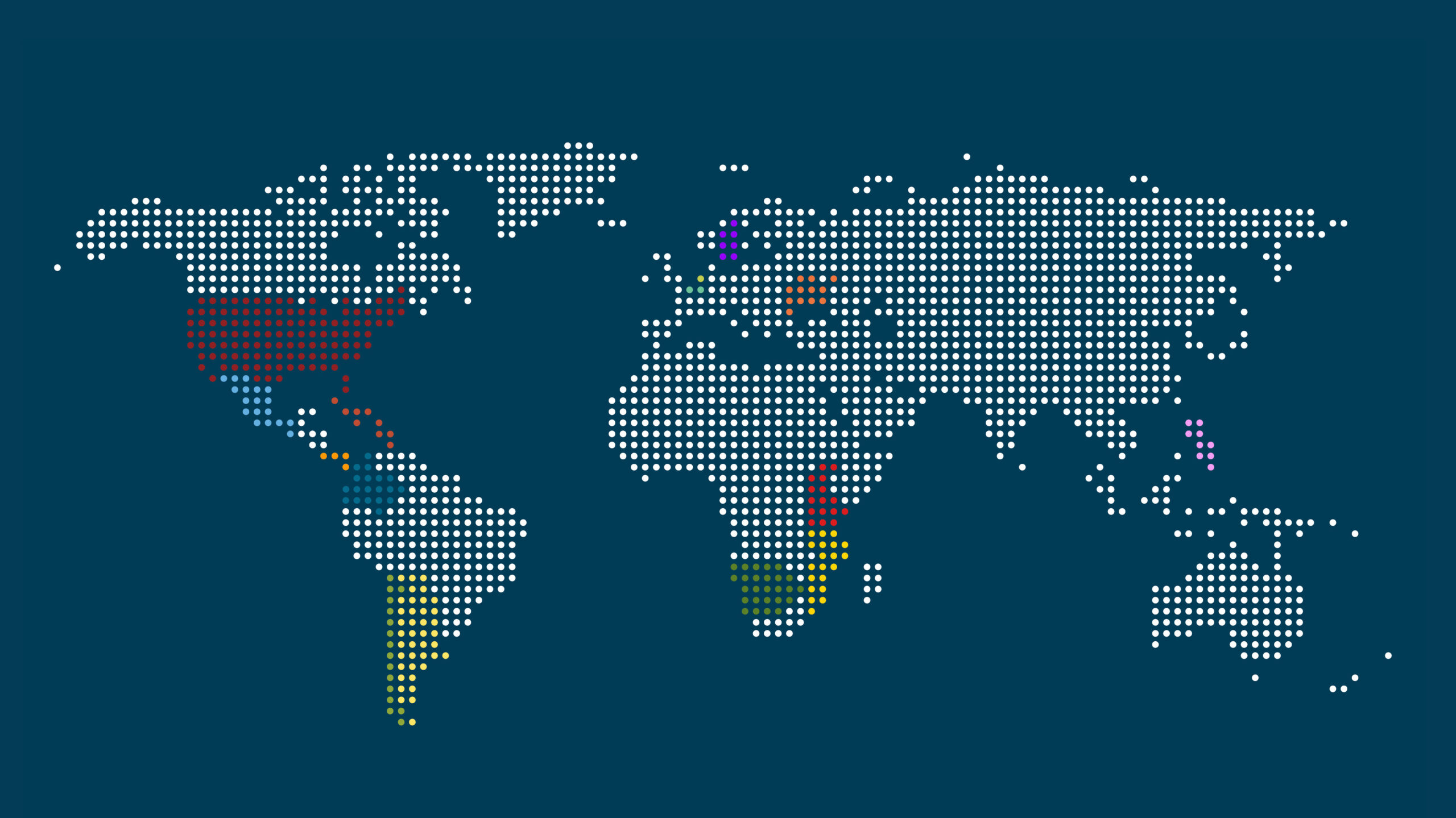
Guatemala – Indigenous Mayan Mam from San Miguel Ixtahuacán Goldcorp Marlin Mine (2005)
Honduras – Aguan campesino communities Dinant Palm Oil Plantation (2012)
Nicaragua – Sugarcane workers and families – Nicaragua Sugar Estates Limited (2008)
Sugarcane workers and families – Ingenio Montelimar sugar mill (2015)
Community land and water rights – Condor Gold Mine (2018)
Panama – Indigenous Ngäbe, Buglé, and Campesino Peoples Transmission Line IV (2018)
Columbia – Cauca River community movements – Ituango Hydroelectric Project (2018)
Páramo Santurbán communities – Eco Oro Minerals’ Mining Project (2012)
Peru – Andean campesino communities from Celendin, Cajamarca – Yanacocha Gold Mine (2001)
Chile – Maipo River community movement – Alto Maipo Hydroelectric Project (2017)
Indigenous Mapuche/Pehuenche Peoples – Pangue/Ralco Hydroelectric Project (1995)
Kosovo – Obiliq community – Kosovo Power Project Eskom Coal Plant (2012)
Chad – Community leaders and activists – Chad-Cameroon Oil Pipeline (2001)
India – Subsistence farmers- National Thermal Power Corporation Singrauli Coal Plant (1997)
Argentina/Paraguay – Parana River communities – Yacyretá Hydroelectric Project (1996) Supporting Indigenous Ngäbe, Buglé, and Campesino communities defending their rights and forests from the International Finance Corporation-backed electrical transmission line (Line IV).
